
The Agentic Revolution: How AI Agents Will Transform B2B Enterprise Sales
The enterprise sales world is about to experience its most dramatic transformation since the internet. Agentic AI (artificial intelligence that can act autonomously to achieve goals) is emerging as a force that will reshape every aspect of B2B sales, from how customers evaluate vendors to how vendors research competitors.
Is Customer-Centricity killing your business?
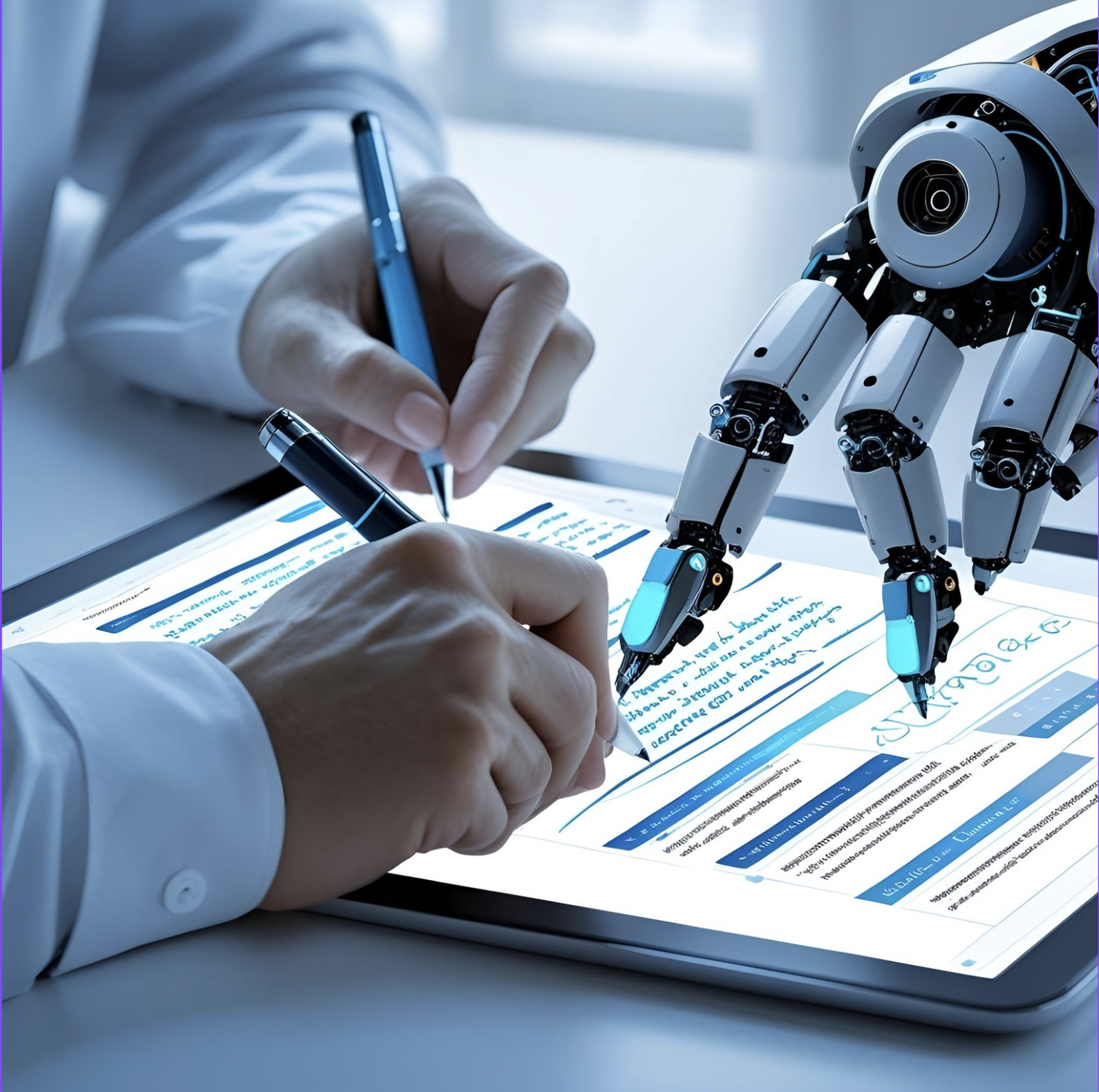
Should We Use AI to Write Proposals?
The question of using AI for proposal writing is creating heated debates in sales teams worldwide. The efficiency gains are undeniable—AI can draft proposals in minutes rather than days. But concerns about authenticity and competitive differentiation are legitimate. Some customers are even threatening to reject proposals with AI generated content. Framing this as a binary choice misses the real strategic opportunity.
The right question isn't whether to use AI for proposals. It's how to use AI to create proposals that win more often while competitors struggle with outdated approaches.
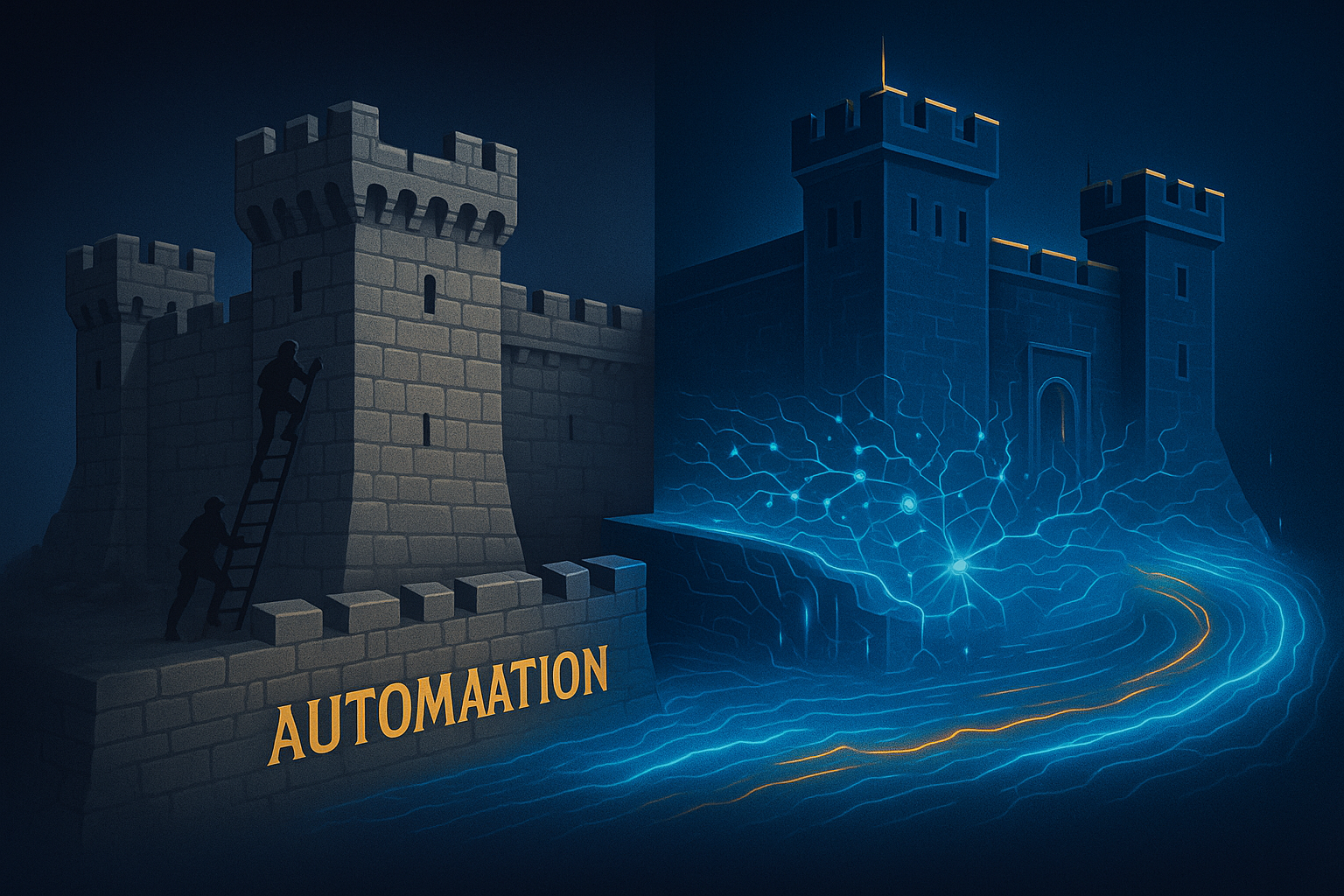
Beyond Automation: How AI Creates Competitive Moats in Commoditised Markets
Most companies are using artificial intelligence to solve the wrong problem. They're focused on automation—making existing processes faster, cheaper, or more efficient. While their competitors build genuine competitive moats that become impossible to replicate, these organisations are optimising themselves into irrelevance.
The real power of AI isn't making your business more efficient. It's making your business fundamentally different in ways that create sustainable competitive advantages, especially in markets where traditional differentiation has disappeared.
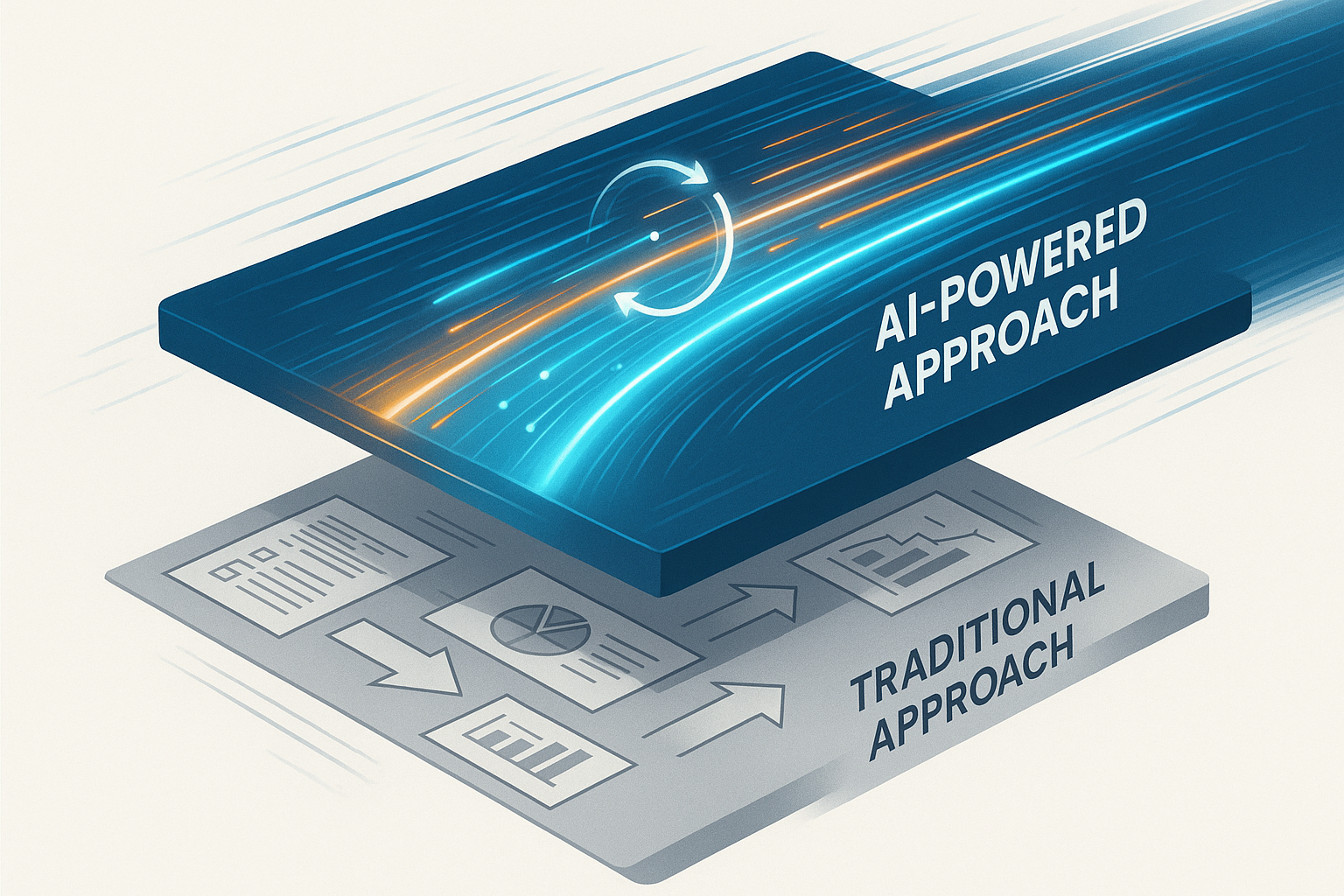
Market Entry in the AI Age: Why Traditional Go-to-Market Plans Fail
Traditional go-to-market strategies are failing spectacularly in AI-enhanced markets. The frameworks that guided successful market entry for decades—detailed customer research, phased rollouts, competitor analysis, and carefully crafted messaging campaigns—now often lead to missed opportunities, resource waste, and competitive disadvantage.
The fundamental assumptions underlying traditional go-to-market planning have been shattered by artificial intelligence, and companies following outdated playbooks are losing to competitors who understand the new rules of market entry.

The Death of Traditional Sales: Why AI is Rewriting the Rules of Customer Engagement
For over half a century, sales methodologies have evolved in predictable cycles. Each generation of sales professionals mastered new approaches: relationship selling gave way to benefits-focused selling, which evolved into challenger selling, and eventually the trusted advisor model. But we're now at an inflection point that renders all previous evolution insignificant.
Artificial intelligence isn't just another methodology to learn—it's fundamentally rewriting the rules of how customers buy and how organisations must sell to survive.
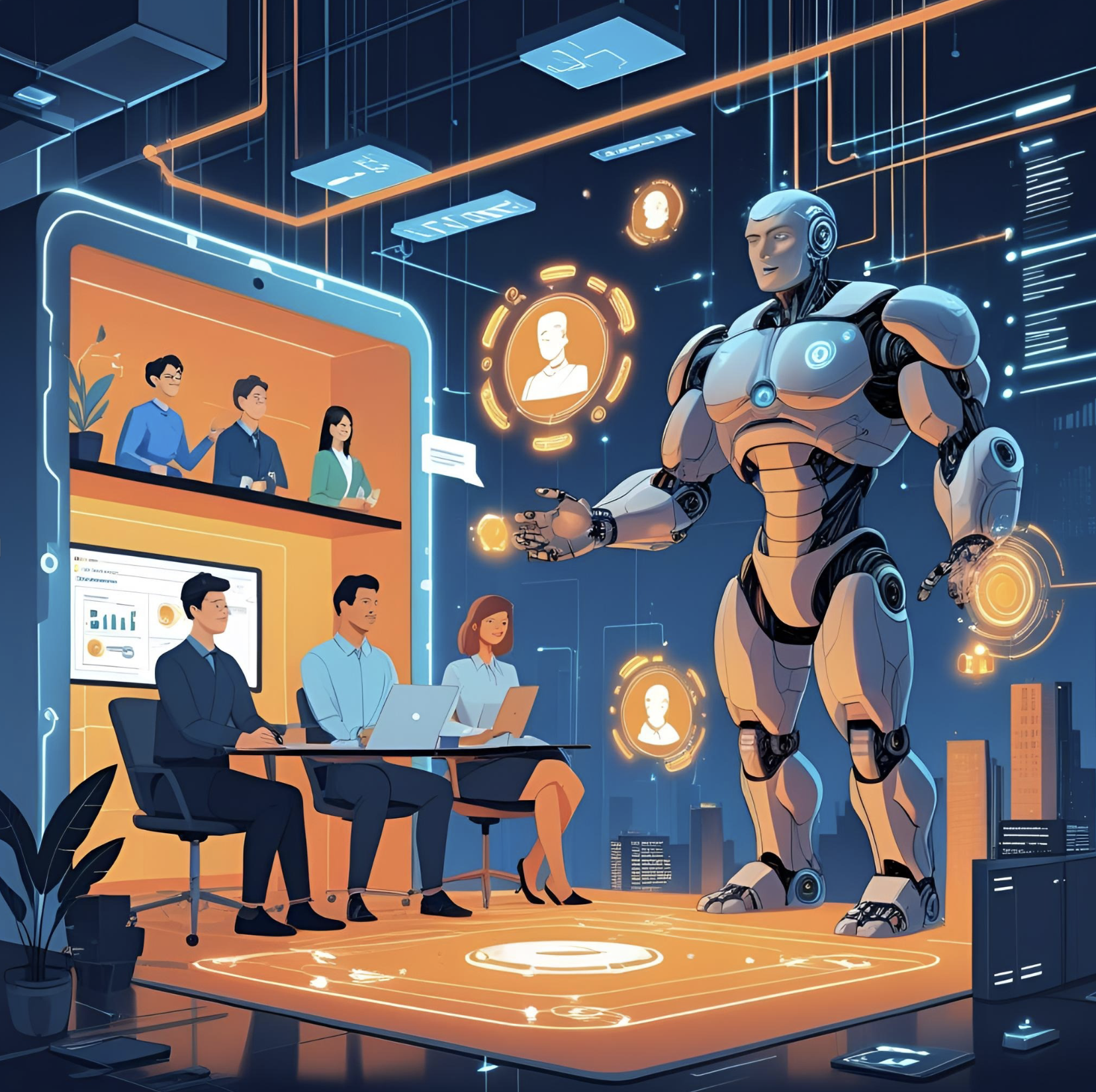
Doing More with Less: How AI Transforms Small Sales Teams into Growth Engines
The paradox facing every organisation today is brutal: growth targets are increasing while sales budgets are shrinking. Economic uncertainty has forced companies to downsize their sales teams just as competition intensifies and customer acquisition becomes more challenging. The traditional response—hire more salespeople—is no longer an option for most organisations.
But here's what the early leaders have discovered: the answer isn't more people. It's smarter systems.
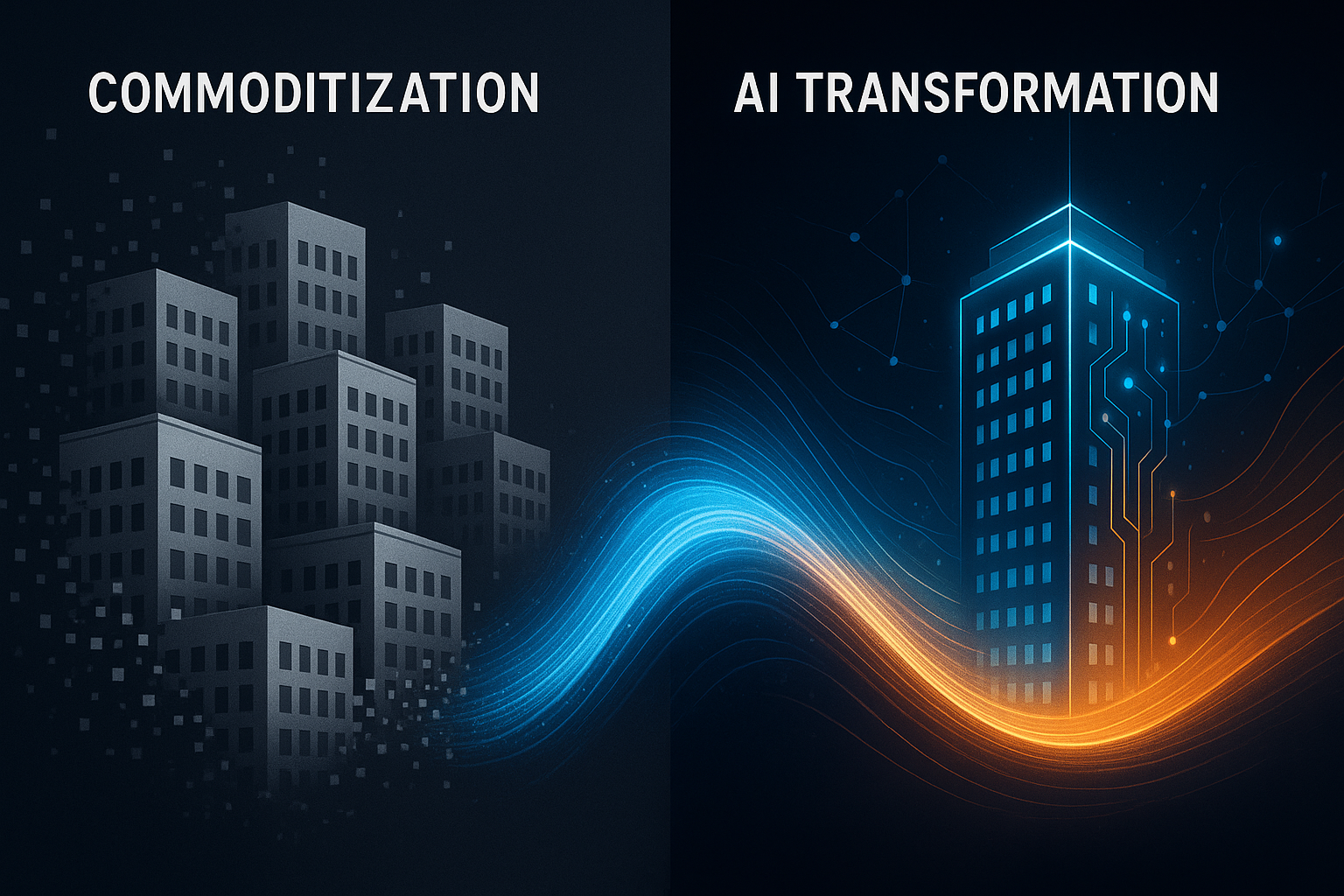
The Positioning Paradox: How AI Makes Differentiation Harder and Easier Simultaneously
We're witnessing a positioning paradox that's reshaping competitive strategy across every industry. Artificial intelligence is simultaneously destroying traditional differentiation while creating new forms of competitive advantage that are more powerful—and more defensible—than anything we've seen before.
Understanding this paradox isn't academic theory. It's the difference between building a sustainable market position and watching your competitive advantages dissolve in real-time.

The Death of the Unique Selling Proposition: Why AI Demands Dynamic Value Creation
The Unique Selling Proposition is dead. Not because it was a bad idea—it served businesses well for over 70 years. But the fundamental assumptions that made USPs powerful have been shattered by artificial intelligence, and clinging to static positioning in a dynamic world has become strategically dangerous.
